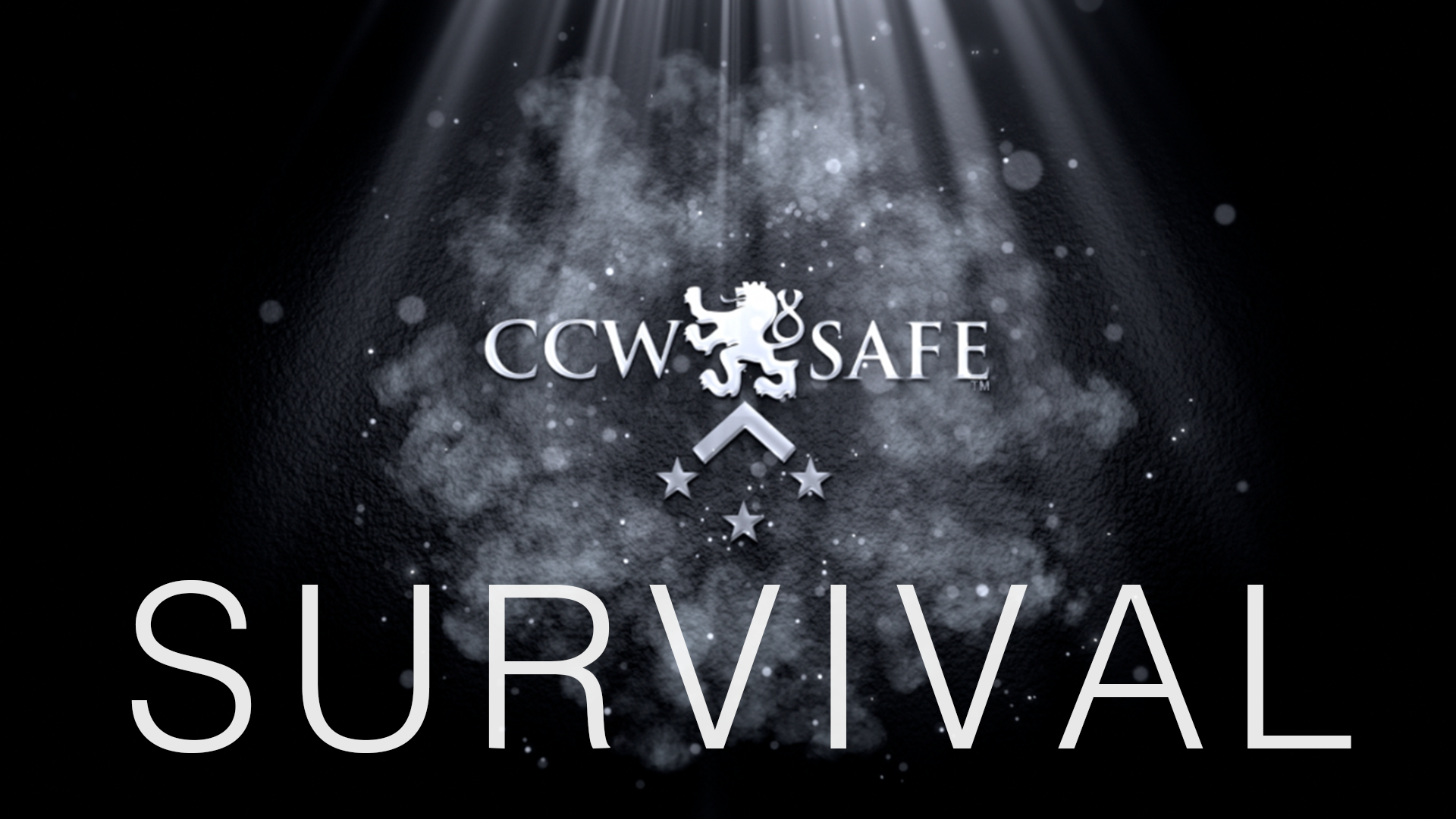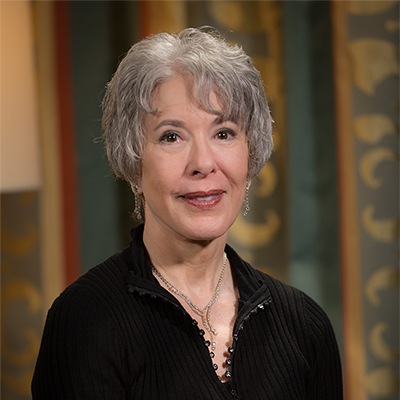
Posted on March 12, 2018
The Survival Triangle with Dr. Alexis Artwohl: Chapter 2- Cognitive Issues in Lethal Self Defense Incidents
Today we will be talking about a variety of issues dealing with the survival triangle, your physical, emotional, and legal survival. Dr. Alexis Artwohl begins to explain the variety of issues that can impact survival in these areas.
Cognitive issues can happen in any event and become critical to all three areas. Most of us think we have good memories, but research shows that our ability for to account for accurate details is quite impaired. Our memory for detail is bad because we are almost never challenged on it. Our view is almost always a sketchy representation.
The criminal justice system becomes very focused on your recollection if there is an incident. It is important for you to understand your testimony may be unreliable and with gaps. You may not remember parts of the events, such as your own behavior.
For example, officers have made phone calls to family and do not remember doing this in the aftermath. This is evidence of the subconscious mind making actions. This illustrates the complexity of our mind, where our subconsciousness is directing a side routine that we have no memory of.
The criminal justice system can be naive about how the brain operates with human memory.
Our memory for detail is highly inaccurate, and people can have false memories that turn out to be very different or totally incorrect.
Selective attention means that we think we are paying attention, but research shows that we only pay attention to a very small part of our environment at any time.
If our being is focused on event A, the less we will notice around event A. This is called inattentional blindness. You can look at a face and have a ten minute conversation with a certain person and not know what shirt color that person was wearing, because you tuned it out. This is a common phenomenon that does not just happen in critical events, but it happens to people all the time.
Even the events we do pay attention to, we may not be to recollect. This also happens with selective hearing, where the human becomes less reactive to sound by paying more attention to visual works.
Officers in shootings often don’t hear gunfire or screams. Victims of car wrecks recall silence on the moment of impact. Other sounds may sound amplified for unknown reasons; this causes confusion and can really impact the human memory. This will cause the memory to not match witnesses, tapes, and other evidence.
It is very important to stick with what you know, and to not fill in the gaps to please any person or interviewer. Try not to make up things under pressure to fill in the gaps of your memory. You do not need to feel any social pressure to state things you do not know are true. Dr. Alexis Artwohl illustrates that your truth may or may not match reality.
Stay tuned for more videos in this series coming soon!

Alexis Artwohl,
Alexis Artwohl,